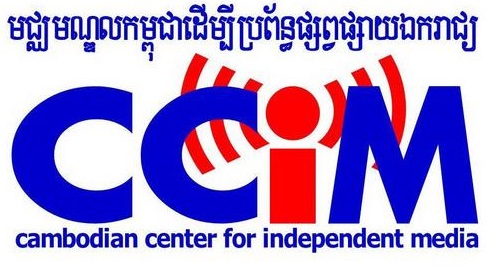Politics
Relative Political Stability
Since 1985, Cambodia has enjoyed a relative political stability with Prime Minister Hun Sen. After the Paris Peace Accords were signed in 1991, the country was administered by the United Nations Transitional Authority Cambodia (UNTAC) and nationwide elections were organized in 1993. Although Hun Sen lost the election bid, he refused to renounce to power. In the end, the UN appointed him as Prime Minister, to serve jointly with Prince Norodom Ranariddh . In the second national elections in 1998, Hun Sen led the Cambodian People’s Party (CPP) to victory thanks to a coalition with the royalist party FUNCINPEC, Prince Norodom Ranariddh’s party. Since then, the political power has been concentrated towards CPP, which now occupies more than two-thirds of National Assembly seats. Hun Sen currently serves in his fifth prime ministerial term, as one of the longest serving leaders in the world.
Opposition Comes Into Play
In 1995, the first official opposition party was created under the Sam Rainsy Party (SRP), after Sam Rainsy, an MP for the Siem Reap province from 1993 to 1995, was expelled from the FUNCINPEC and created its own political party. The SRP merged with the Human Rights Party (HRP) in 2012 to form the Cambodian National Rescue Party (CNRP) coalition and run against the CPP in the 2013 National Assembly elections. Founded in 2007, the HRP was led by Khem Sokha, the former director of the Cambodian Center for Human Rights and the founder of VOD radio program.
In 2013, during the latest national electoral campaign, and despite receiving more media coverage, the CPP lost many seats. It could however still hold the majority. CNRP accused CPP of election fraud, boycotted the parliament and launched a campaign against the ruling party, which peaked in late 2013, when thousands of people marched through Phnom Penh demanding the resignation of Prime Minister Hun Sen. In July 2014, both parties eventually agreed to work together in the National Assembly. But in the Autumn 2015, Khem Sokha, who became the Vice-President of the National Assembly, and Sam Rainsy, the leader of the minority, were both removed from the Parliament.
Government Get Nervous Over Free Media
According to Sok Som Oeun, a lawyer and the executive Director of Cambodian Defenders Project, this tensed political compromise impacted the government’s press and media policy. Accusations of one-sided or even false reporting have been raised frequently. (1) According to a study about the support to Cambodian independent media, journalists have faced defamation cases for publishing content critical of the Government and ruling party, they tend to fear exposing politically sensitive information. The lack of protection for journalists and whistleblowers of any kind deters reporters from digging into certain issues.
First Opposition TV?
In 2014 however, Sam Rainsy was granted a license to set up the first opposition-aligned TV in Cambodia, after the Prime Minister publicly agreed to it. The project is still under way and was planned to broadcast around the country by the end of 2015. It is estimated to cost at least $3 million to launch operations and will be operated the Cambodia Independent Media Co. Ltd.
But the ongoing political and social conflicts in Cambodia tends to jeopardize its already fragile press freedom situation
Sources
BBC Profile: Cambodia's Hun Sen
The Inter-Parliamentary Union (1996)
Rainsy (2012). Merger between Sam Rainsy Party and Human Right Party (video)
